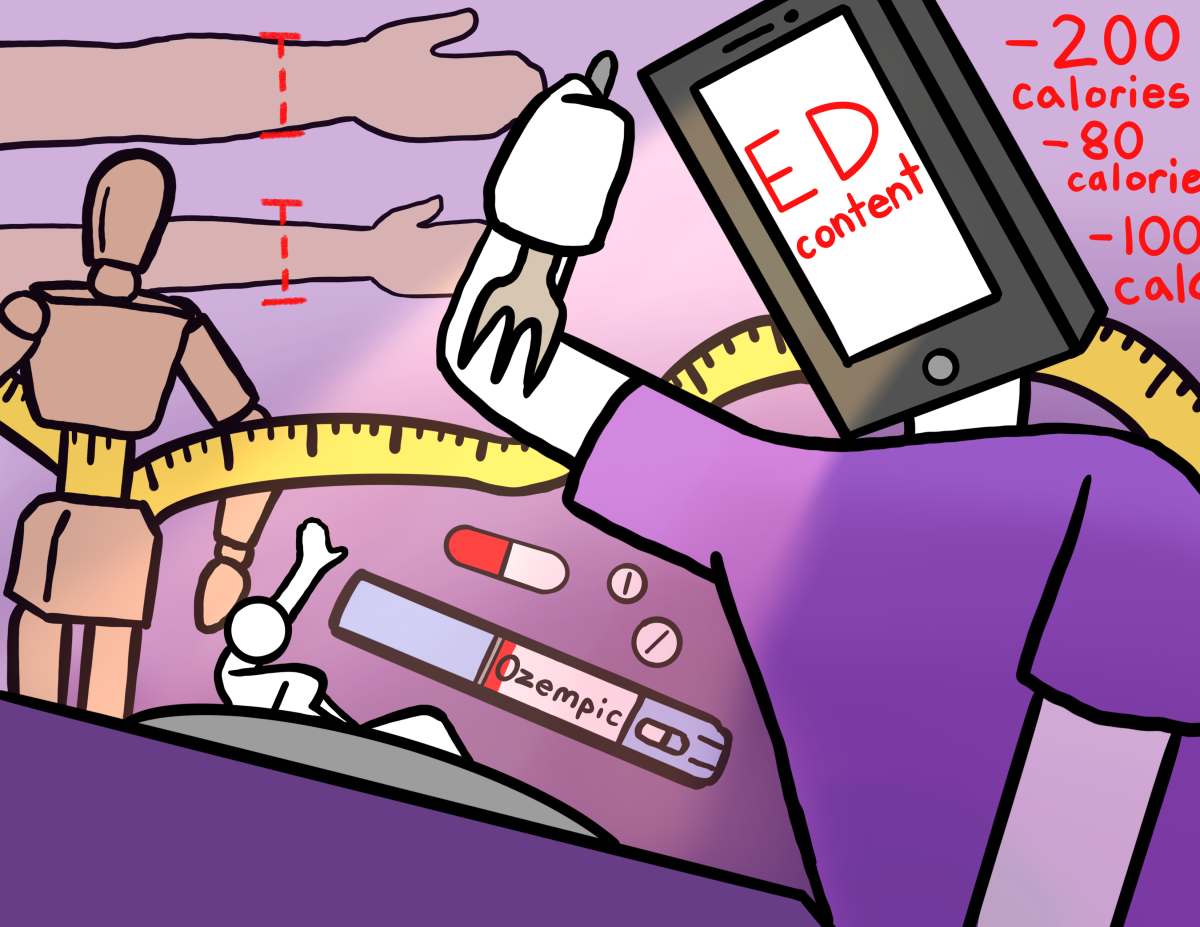
Amid the ongoing coronavirus pandemic, the way that we carry out our day-to-day activities has changed drastically. Due to the dangers of the virus, the public is encouraged to take precautions to keep themselves and others safe during these increasingly dangerous times. These precautions include social distancing and isolating at home. However, there is debate over whether or not social distancing is actually effective in stopping the spread of COVID-19.
Globally, over 1.5 billion people have been told to stay home in order to control the pandemic and flatten the curve. However, several people have not been practicing social distancing for various reasons.
Sophomore Camila Fraser has been social distancing by staying home. She only leaves her house under certain circumstances where she won’t come in close contact with others. Fraser understands the significance of social distancing and believes she is doing her part by staying home.
“If I leave my house, it’s only to go on drives where I stay in the car the whole time with my family,” Fraser said. “Sometimes we watch the sunset on Loxahatchee.”
There is a risk of catching COVID-19 everytime one goes out due to the highly contagious nature of the virus. It spreads when people come into close contact with each other and can remain on surfaces for over a day. Although the virus is less likely to affect younger people, kids are still capable of spreading the virus to their family, which could impact their health severely, especially if they are older or have underlying health conditions. Therefore, Fraser realizes staying home not only helps herself, but everyone surrounding her.
“I don’t want to risk getting sick myself, getting my family sick or getting anyone else sick,” Fraser said. “The more we do our part by staying home, the sooner this will all be over.”
While social distancing sacrifices the ability to hangout with friends and go out to places, there are still countless ways to communicate with friends in quarantine. Camila Fraser stays in touch with her friends through FaceTime and texting. She recognizes that virtual communications are much safer than hanging out in person.
“I FaceTime my friends pretty regularly and text them everyday,” Fraser said. “We send each other funny tik toks, talk about how much we miss each other and make plans about what we’re going to do when this is over.”
*Jane also recognizes the dangers of the coronavirus, however, she is not practicing social distancing. Jane understands that she needs to be careful and take safety precautions, but she feels comfortable going out as long as her and her friends are careful and stay clean.
“I am not social distancing because the people I am seeing are being careful and not foolish with what is happening and are taking precautions,” Jane said. “I would like to spend my free time being with people I love because you never know what could happen, especially during a pandemic like this.”
Rather than social distancing, Jane has been doing fun activities, like different forms of exercising with her friends. This student argues that life is short, and she does not want to waste her life spending time in quarantine everyday. Jane is using this time to hangout with friends that she wasn’t able to see as much while school was in session. She is happy that she is able to spend time hanging out with loved ones.
“Instead of social distancing I am taking this time to spend with my family and friends. Like going on bike rides with them, getting food, exercising and making TikToks and even visiting friends I haven’t had time to see as much during school,” Jane said.
Everyone has their own opinions about social distancing and if it is worth staying home for this prolonged period of time. Many people have decided to take the sacrifice to help decrease the spread of COVID-19, while others may decide to go out because they don’t want to waste their life in quarantine. Overall, it’s up to every individual to decide if they want to stay home for safety reasons or go out and take a risk to see their friends.
*Names indicated were changed to protect the students’ anonymity

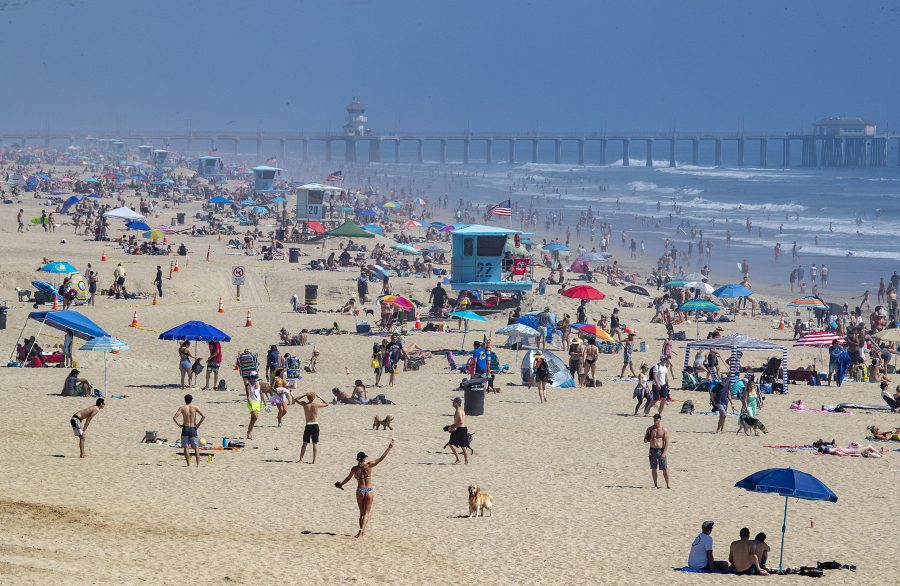

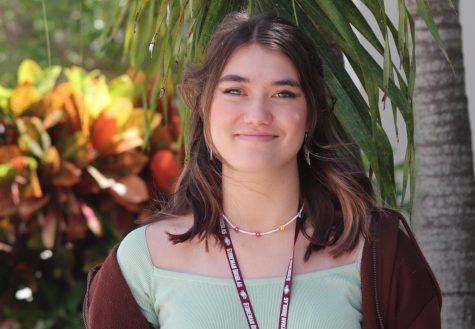

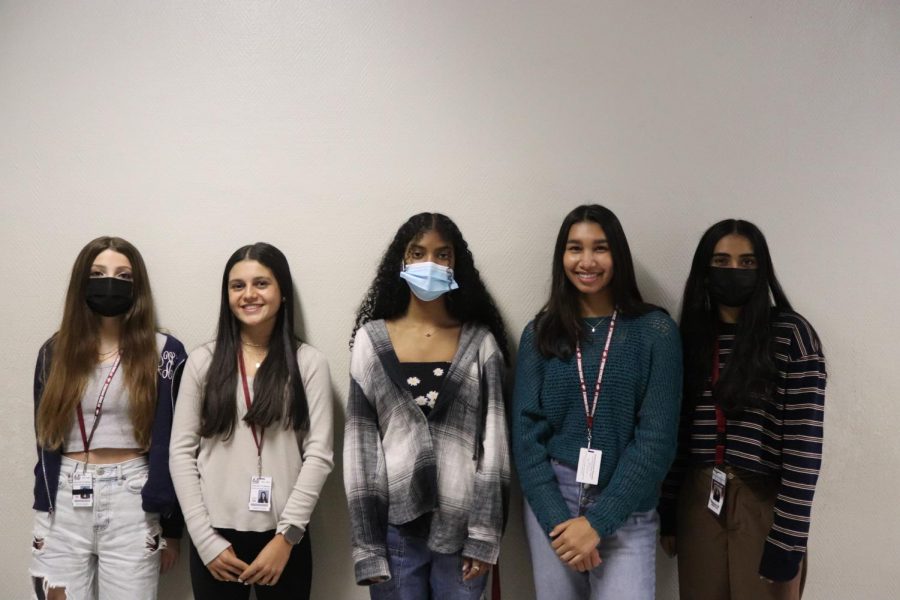
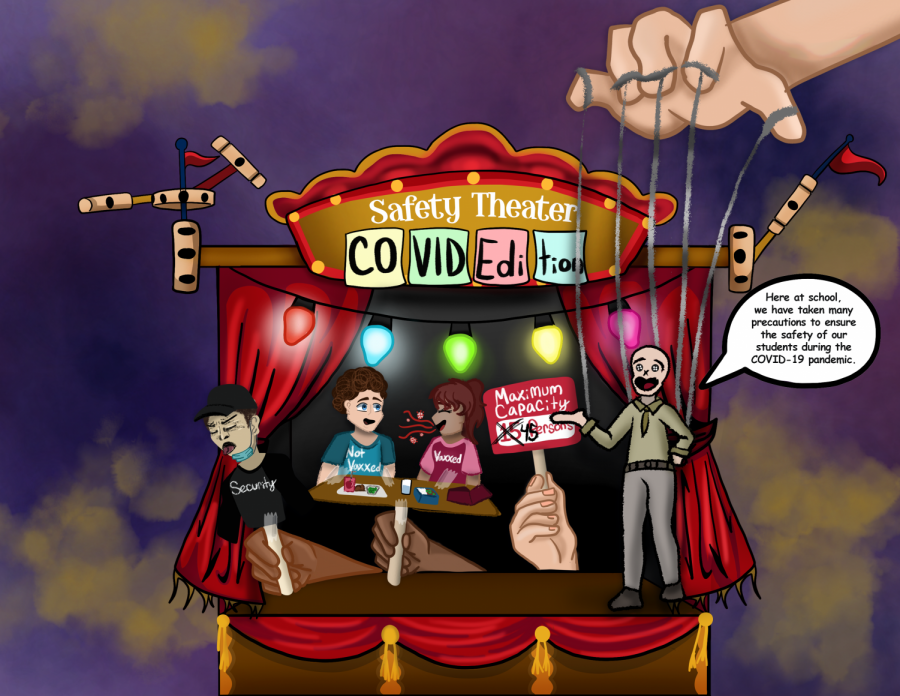

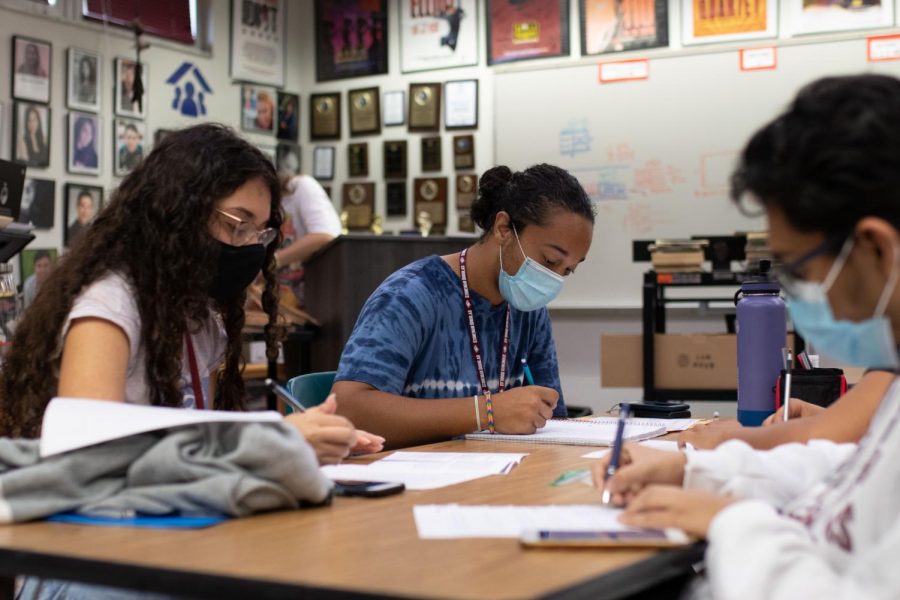

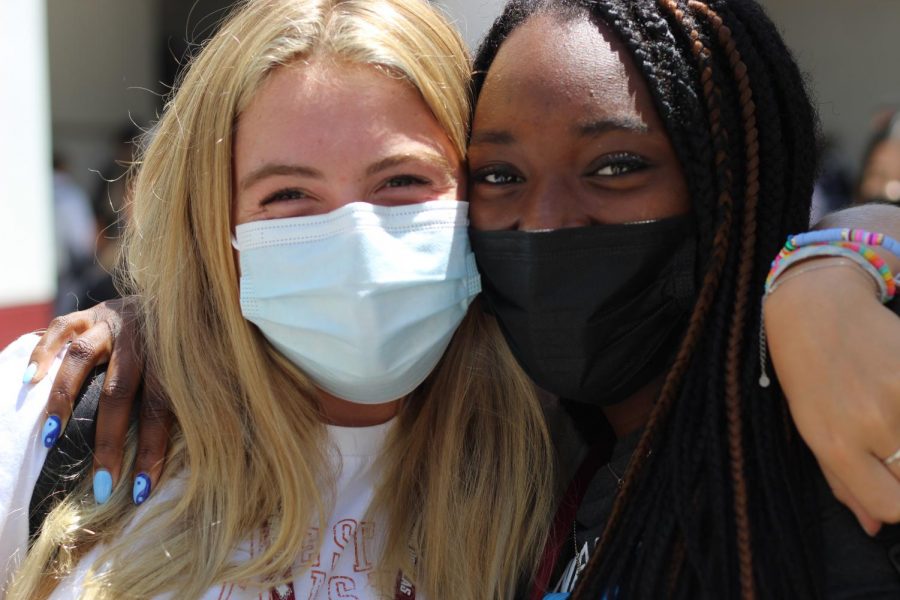
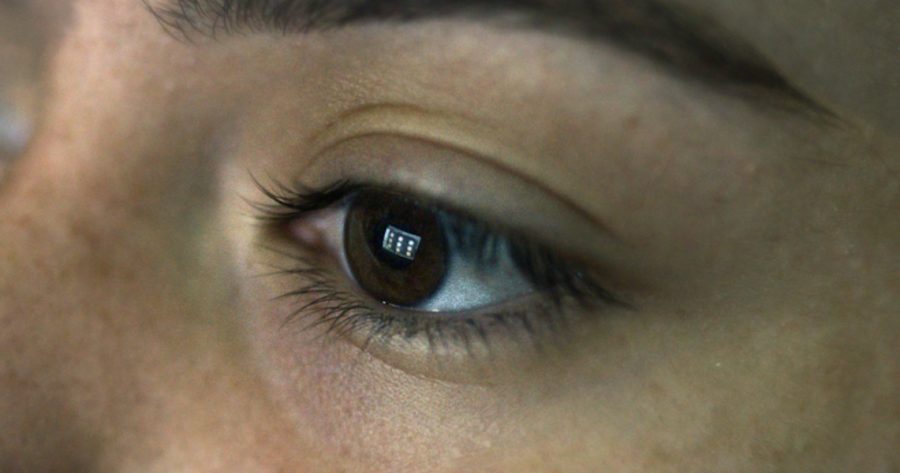
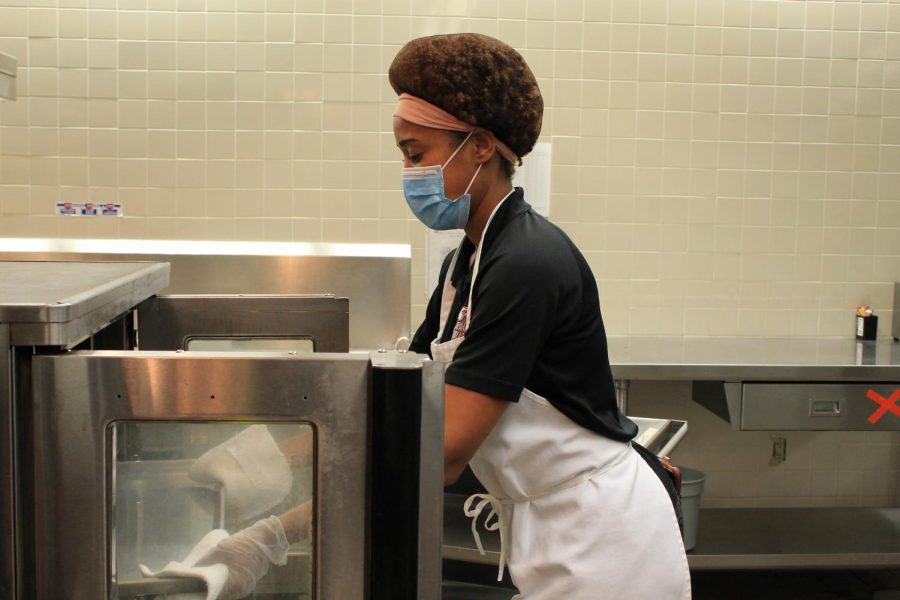
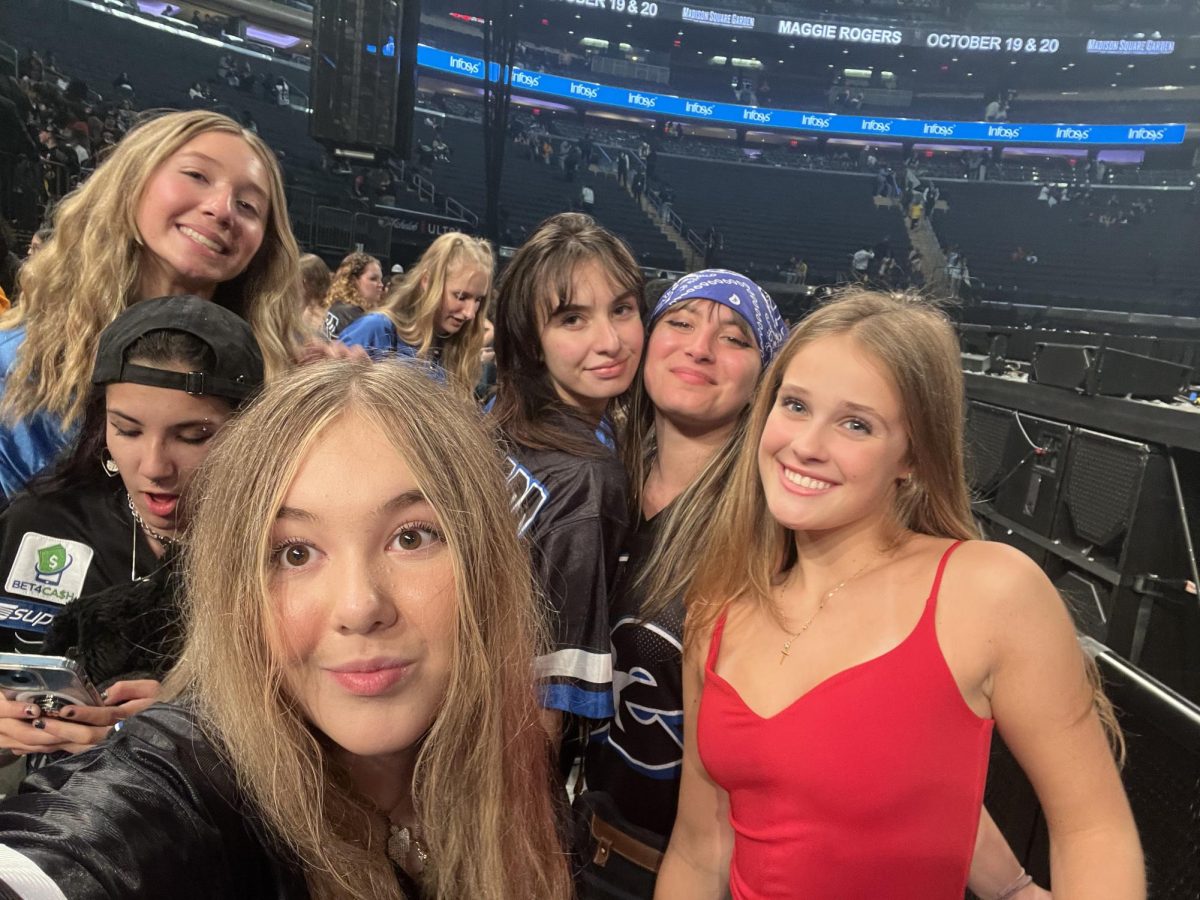

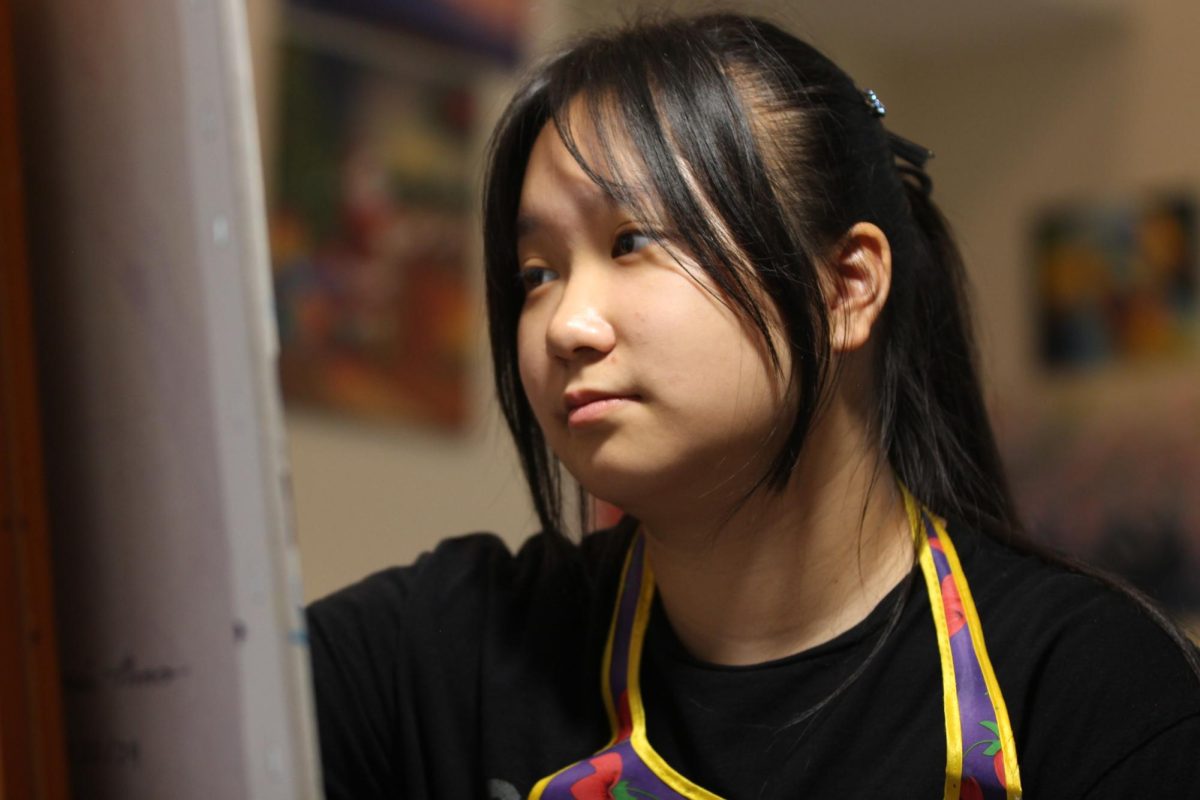
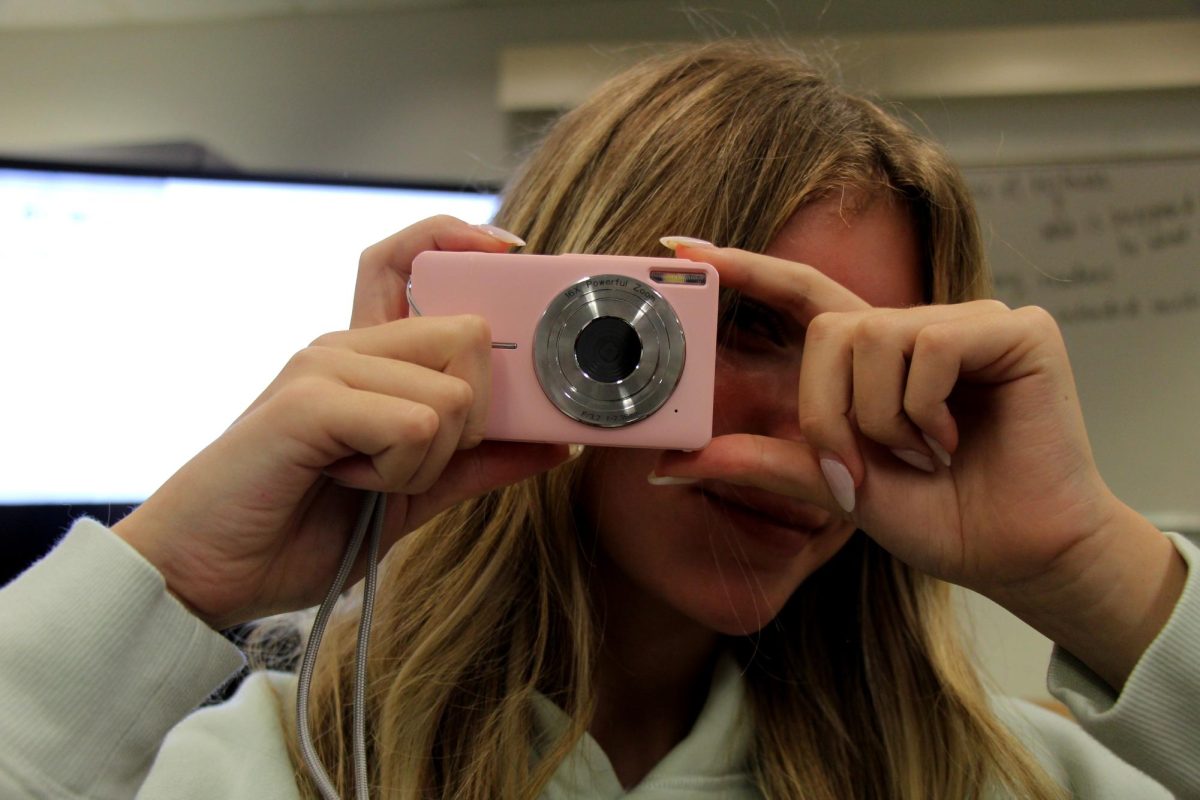

![National Honor Society Sponsor Lauren Saccomanno watches guest speaker Albert Price speak to NHS members. National Honor Society held their monthly meeting with Price on Monday, Nov. 4. "[Volunteering] varies on the years and the month, but we have started a couple new things; one of our officers Grace started a soccer program," Saccomanno said. "We have been able to continue older programs, too, like tutoring at Riverglades. NHS's goal is to have as many service projects as possible."](https://eagleeye.news/wp-content/uploads/2024/11/xNOeKNVwu7aErpVyJHrHogagZUUcLLosjtbIat94-1200x900.jpg)

![Ice Ice Baby. Skating to "Waltz" and "Romance" during her long program, figure skater Ava Zubik competes at the Cranberry Open in Massachusetts on Aug. 12, 2022. She scored a total of 86.90 on her short and free skate program, earning fifth place overall. "I try to make it [competing] as fun and enjoyable as I can because it's my senior year, and so I want to really enjoy competitive figure skating while it lasts," Zubik said.](https://eagleeye.news/wp-content/uploads/2024/11/skater1-799x1200.jpg)

